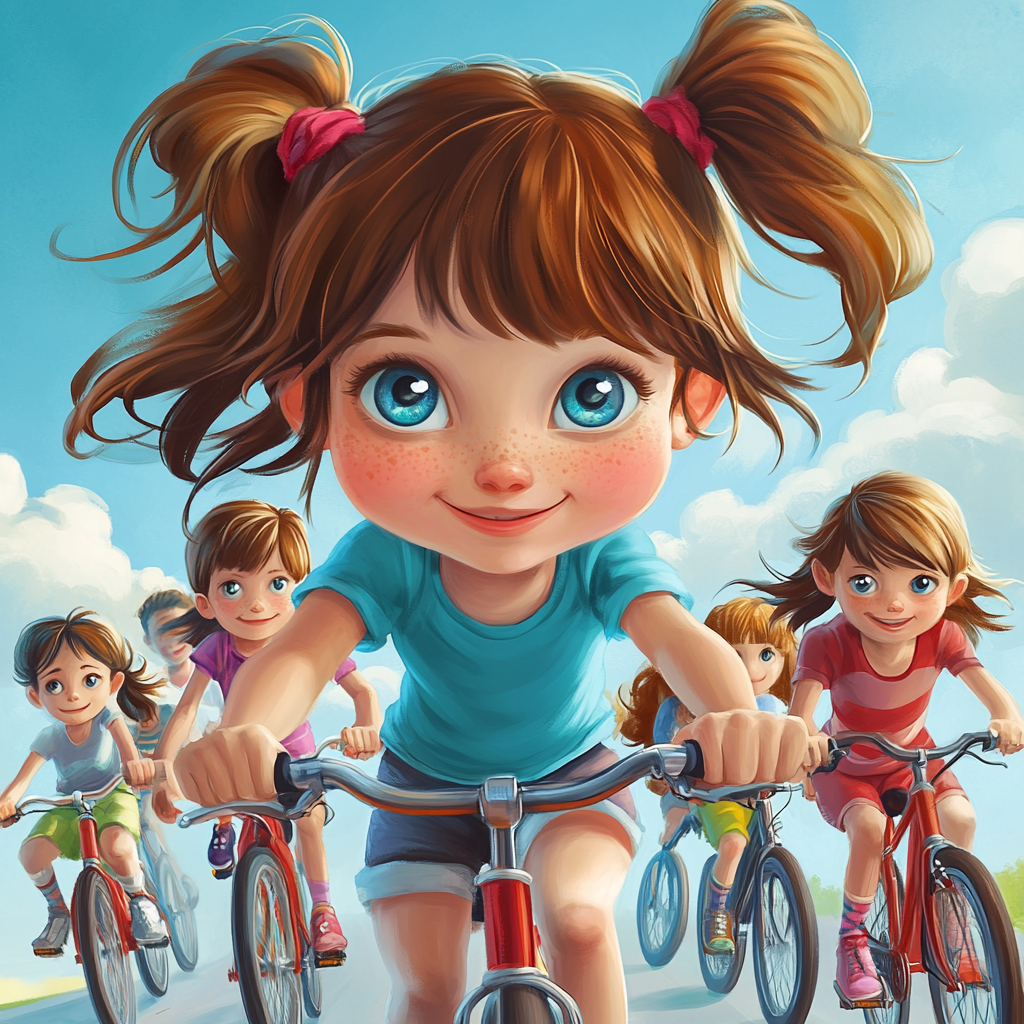The Importance of Extended Relationships for a child
If your child has been withheld from you and you are going through a custody battle, then more than likely, you and your entire family are being prohibited from seeing your child or children. This behaviour—where one parent withholds a child—is one of the most painful experiences a parent and extended family can endure. One day you might be interacting with your children daily, and the next, they are gone, with legal proceedings becoming your only path forward. You may turn to the police, only to be told they cannot intervene without a court order. The helplessness is staggering.
Even before such events unfold, you may sense something is coming. You may feel a strong instinct to hold on tighter, to protect. But I urge you: do not withhold your child in response. Unless there is genuine, substantiated danger, withholding access to a parent does far more harm than good. Children are not tools of retaliation, and using them as such causes lasting emotional wounds.
Despite how you may feel about your ex-partner, your child deserves the opportunity to form their own relationships—unfiltered by your opinions or past pain. It is heartbreaking to hear children mimic adult insults, calling a parent or extended family member names they've learned in angered environments. This is not their truth; it is absorbed from ours. Even if your child says something negative about the other parent, do not respond in kind. Sometimes children say things to test how we will respond, to gauge which emotions are safe to express. When we react with resentment or affirmation of those harsh words, we perpetuate emotional division.
Children need open, flexible, and reliable emotional environments. They need extended families, aunties and uncles, grandparents, family friends, and neighbours—not to be cut off from half of their community. When we encourage our children to feel welcomed and loved in multiple households, we do not undermine our bond with them; we reinforce their emotional security. A child who knows they have more than one place to belong builds inner courage. They carry a net of relationships that can support them in future storms.
As adults, we know how hard life can feel when we only have ourselves to rely on. So imagine the resilience our children could develop if they knew that no matter which house they are in, or which side of the family they're with, they are safe, supported, and accepted. This goes far beyond physical time with relationships, but perceptions of those relationships from our own voiced perceptions.
If you tend to isolate yourself, especially after separation, challenge yourself to step out of that comfort zone. Engage with communities and spaces that will support both you and your child. Join parent-child activities, local clubs, sports teams, or creative classes, join a cycling club. Social connections aren't just about making friends—they're about modelling interdependence. Children need to see that relationships are a two-way street: mutual, safe, and empowering. They learn to connect by watching us connect.
Also, remember: it's not about your interests—it's about theirs. You may find yourself at a dance class when you'd rather be at a football match, or in a pottery studio when you'd rather be at the gym. Show up anyway. Participate. Your presence matters. It tells a child that your authentic self matters and i'm here to support you just as you are.
Equally important is your relationship with your former partner's family. Even if you dislike them, even if their behaviour was appalling or undermining—choose to be civil. Not for them. For your child. You don't have to host Sunday brunch, but you can choose kindness. You can choose neutrality. A simple smile at a birthday party, a polite hello, a willingness to be in the same room without tension—these gestures give your child permission to love without guilt.
That said, always be mindful. If interacting with your former partner or their family puts you at risk, emotionally or legally, hold boundaries. Some parents have had what seemed like amicable visits, only to later discover that false allegations were being made in secret. Politeness should never come at the cost of your safety or stability. If you sense manipulation or passive-aggressive behaviour, you are allowed to protect yourself. But do so quietly, calmly, and away from your child.
Lastly, remember this: extended relationships are not extra. They are essential. They teach our children about trust, diversity, boundaries, and belonging. They offer additional mirrors in which our children see themselves reflected with love and support. The more healthy connections we help foster, the stronger our children's emotional scaffolding becomes.
Let them build bridges, not walls.
Even if the foundation you once built has cracked, you still have the power to show your children how to lay bricks—one kind, conscious connection at a time.
